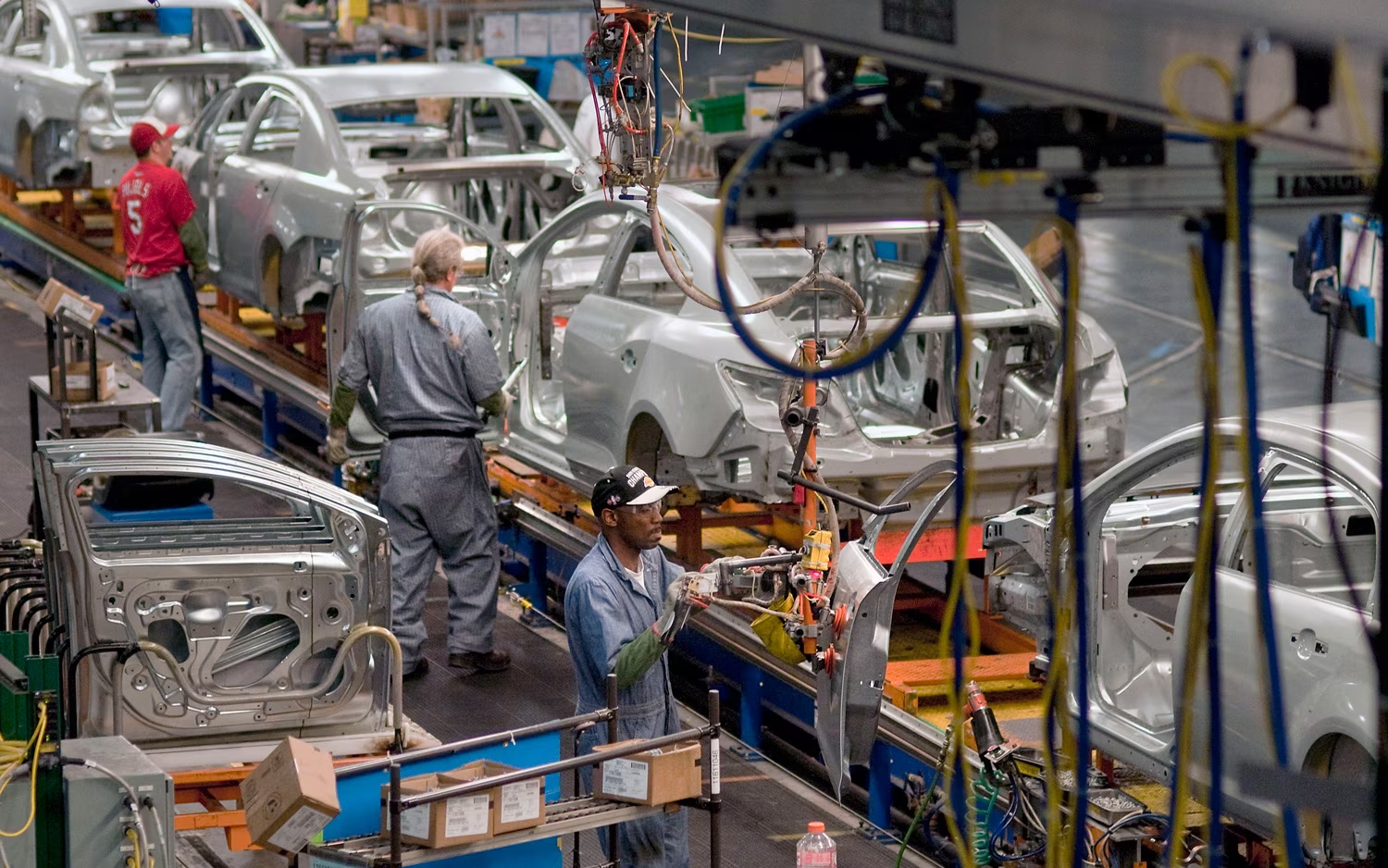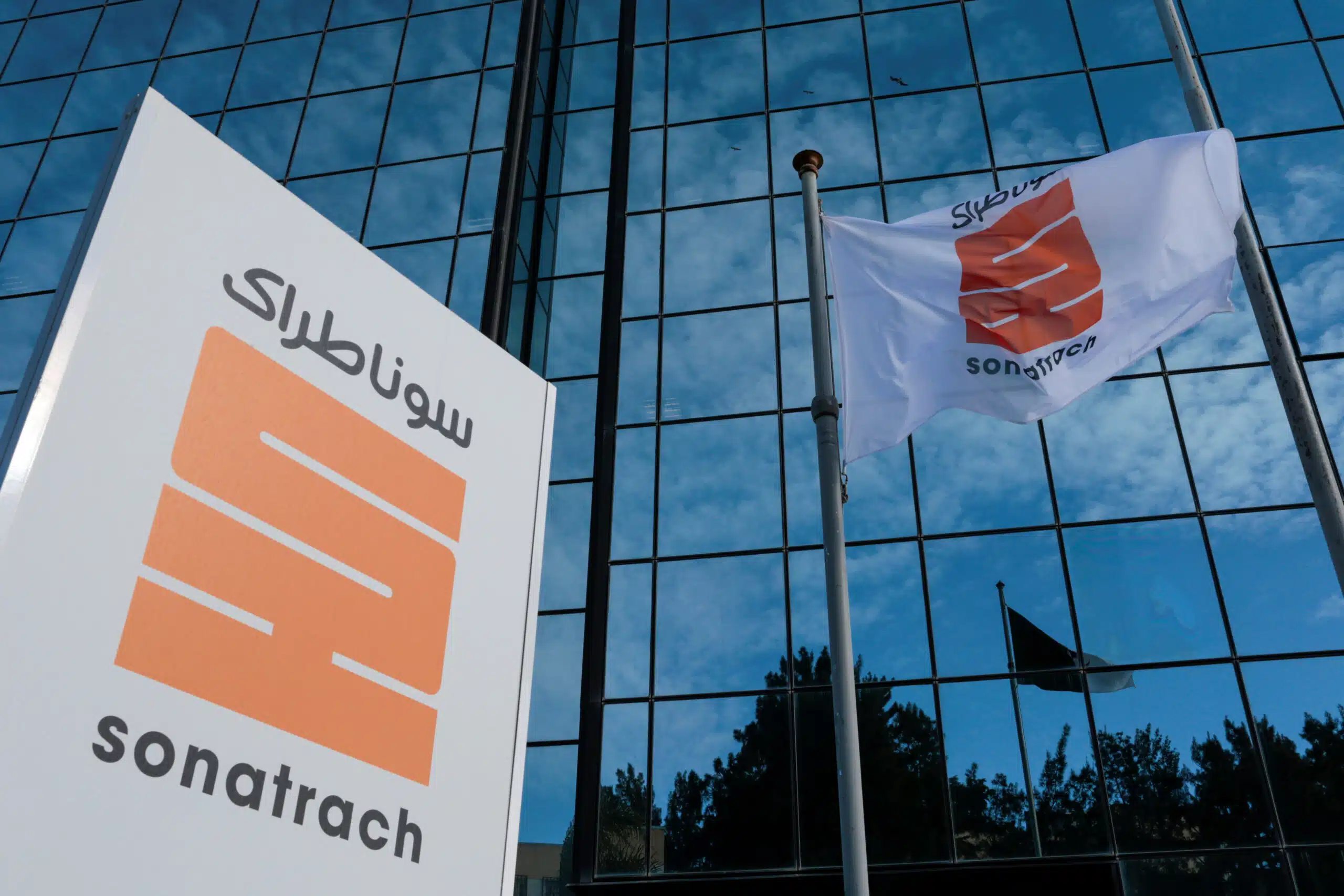Namibia is discussing plans to supply green hydrogen to South Africa as part of efforts to help its neighbor reduce emissions in the car manufacturing sector and stay competitive in the European Union (EU) market.
The discussions come as South Africa faces increasing pressure from the EU’s Carbon Border Adjustment Mechanism (CBAM), which targets carbon-intensive imports.
This was disclosed by James Mnyupe, head of the Namibia Green Hydrogen Programme, who stated that hydrogen exports to South Africa could support its decarbonization goals while strengthening regional energy cooperation.
“The most interesting outcome is a possible export to South Africa to decarbonize their car manufacturing industry as it aims to maintain market share in the carbon conscious EU market. It truly is a global project,” Mnyupe said.
Hydrogen pipeline and infrastructure plans
Green Hydrogen Namibia spokesperson Jona Musheko stated that discussions remain in the early stages, with a pre feasibility study planned to assess the technical and economic viability of hydrogen exports.
He mentioned that while no specific export volumes have been confirmed, a key focus is developing infrastructure to support large scale hydrogen transport.
“At this stage, the primary focus is on establishing the necessary infrastructure and regulatory framework to enable future exports,” Musheko told Namibia Mining and Energy.
One of the proposals under discussion is the construction of a hydrogen pipeline from Lüderitz, Namibia, to South Africa.
According to Musheko, this pipeline would facilitate the transportation of hydrogen from projects such as Hyphen Hydrogen Energy, a key player in Namibia’s emerging green hydrogen sector.
Musheko added that Namibia’s participation in green hydrogen production could position the country as a leader in Africa’s transition to cleaner energy.
He stated that beyond export revenue, the sector could bring investment in infrastructure, create jobs, and contribute to regional energy security.
“The sector is advancing faster than anticipated, driven by both technological progress and international trade policies such as the EU’s CBAM,” he said.
South Africa remains a major exporter of carbon intensive goods, making its industries vulnerable to EU climate policies.
The green hydrogen deal, if realized, could provide an alternative pathway to maintain access to key markets while supporting long term sustainability goals.
Revenue expectations, taxation models, and export quantities remain uncertain, but stakeholders expect greater clarity as technical studies progress and demand for hydrogen grows globally.






